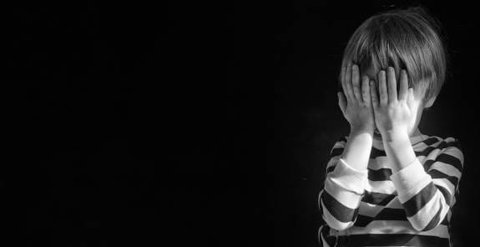The effects of domestic abuse on both children and adults can last a lifetime. Until this year, witnessing domestic abuse wasn’t legally considered child abuse. The newly revised Domestic Abuse Act 2021 now includes children as victims of domestic abuse when it’s happening in their household.
According to the national charity Women’s Aid, 1 in 7 children and young people under the age of 18 will have lived with domestic abuse at some point in their childhood. No child or adult should feel unsafe in their home and we encourage anyone who is worried about their safety to contact the police straight away.
What is Domestic Abuse?
Domestic abuse is when an abuser uses threats, violence and bullying behaviour to control and harm their partner. It can happen to both men and women and can take many different forms. For example:
- Kicking, hitting or punching
- Sexual abuse and rape
- Controlling their finances or behaviour e.g. telling them what to wear
- Stopping them leaving the house
- Reading private emails and text messages
- Threatening to harm or kill them or someone they care about
Domestic abuse doesn’t always happen in the home either – it can happen over the phone, social media sites, outside the home, and even after a relationship has ended.







